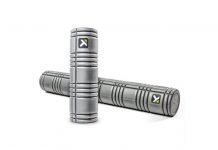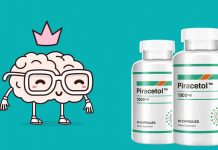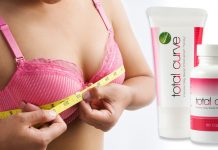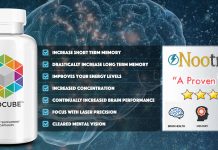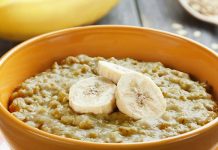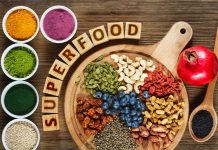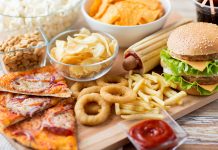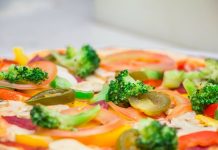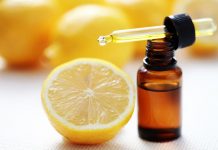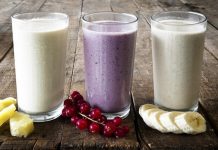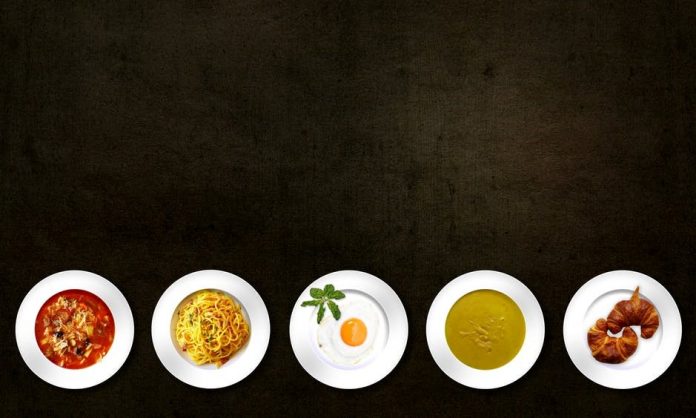
ADVISORY: This is not specific medical recommendation, all diet changes must be previously consulted with your assigned medicat professional.
Unfortunately, many people nowadays struggle with anemia. Depending on the underlying cause behind it, the condition differs in intensity and severity. It can range from a mild case caused by an especially heavy menstruation to severe hemolytic anemia induced by substance abuse or an autoimmune disease.
Types of Anemia
The most common type of anemia is certainly that caused by an iron deficiency in the human body. This happens due to blood loss during injury or menstruation, or because of poor dietary choices.
There are also other types, such as hemolytic ones. These can be acquired, such as autoimmune hemolytic anemia, or inherited, such as sickle cell disease or thalassemia. They are caused by prematurely destroyed red blood cells.
Dietary Tips
Regardless of what the underlying cause of your illness is, lifestyle changes are always recommended as part of the treatment. And changing the way you eat for the better is an important part of that. Although supplements can help, they are no replacement for healthy food. Here are give excellent dietary tips for people struggling with this illness.
1. Eat Iron-Rich Foods
The first important addition that you need to make to your diet when struggling with anemia is to eat more foods that are rich in iron. Here are a few tasty options:
- Red meat
- Eggs
- Beans
- Liver and kidneys
- Fish and seafood
- Dark leafy greens
- Nuts and seeds
While it is known that the majority of iron comes from animal sources, there are also plenty of alternatives, such as kale, broccoli, hazelnuts, pecans, chickpeas, sunflower seeds and so on. Due to this variety of ingredients, designing a new dietary plan which contains plenty of this irreplaceable nutrient won’t be hard.
2. Pair them with Vitamin C
It is scientifically proven that vitamin C facilitates iron absorption into the body. Thus, to get the most bang out of your meals, you need to pair them with fruit and vegetables. Another solution to help you implement this is to drink a glass of fresh orange juice or lemonade with your breakfast, lunch or dinner.
Keep in mind that any excess vitamin C is always eliminated by the body, and thus there’s no need to overdo it. Your recommended daily intake will depend on your gender, age, weight, and height, so make sure to check this before changing up our diet.
3. Avoid Tea at Mealtime
Although drinking a cup of tea is recommended during many diets, in the case of anemia this beverage is something to be avoided at all costs. It can reduce the amount of iron that your body can absorb, which is why you need to steer clear of it.
The same is true for coffee. Most people drink it in the morning, and sometimes during the day as well, for an extra energy and productivity boost. But if you suffer from the aforementioned condition, it will hinder iron absorption, so make sure to eliminate it from your daily routine.
4. Reduce Calcium Intake
Unfortunately, calcium-rich foods also hinder iron absorption. The most notorious are milk and dairy products, but there are some with an accompanying high iron content that are also a good source of calcium for the body. These include fish, seafood, and some leafy greens.
Of course, calcium is vital for our organism because it sustains bone health and an overall smooth functioning of the body. This means that you need to keep it in your diet, but reduce your daily intake to the recommended dose. Again, this depends on your gender, age, weight a and height, so find out what yours is and design your meal plan accordingly.
5. Don’t Drink Alcohol
Studies show that alcohol ingestion diminishes the absorption of iron from organic sources, also known as heme iron. Out of all beverages of this type, the number one enemy is red wine. Therefore, if you still want to enjoy an occasional glass once in a blue moon, avoid it at all costs. While it might be an excellent source of probiotics, you’re not doing your well-being any favors.
Conclusion
Changing the way you eat needs to be your top priority in the treatment of anemia. By ingesting as many foods that promote iron absorption as possible, you will eliminate the feelings of fatigue and drowsiness completely, and the quality of your life will certainly improve. However, remember to consult your doctor before you make any diet changes.
Read our full review about one of the best nootropicsupplements: Mind Lab Pro


